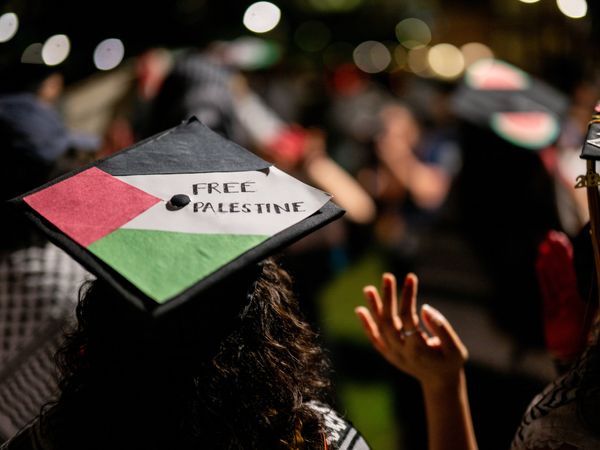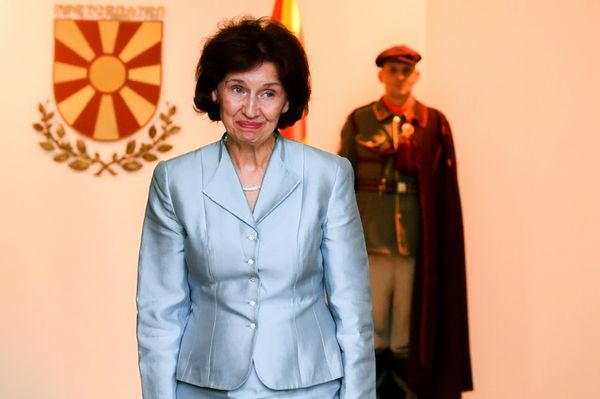
The Supreme Court was on Friday told that a mosque will remain a place of worship even after it has been desecrated and destroyed through a “barbaric act”.
“A mosque will remain a place of worship even after it has been destroyed,” senior counsel Rajeev Dhavan told the bench of Chief Justice Dipak Misra, Justice Ashok Bhushan and Justice S Abdul Nazeer, hearing a batch of cross petitions challenging a 2010 Allahabad high court verdict on the Ayodhya title suit.
“It is quite a different matter to say that an area has been acquired and quite another to say mosque is not a mosque forever,” Dhavan said.
Dhavan appeared for the main petitioner, Mohammad Siddiqui, now being represented by legal heirs.
The bench is hearing arguments on the plea to revisit 1994 top court judgment, which had said that the mosque was not was not an essential part of Islamic religious practice and that namaz could be offered anywhere, even in open places.
Describing the December 6, 1992 demolition of the Babri Masjid as a “barbaric act”, Dhavan said: “What was desecrated was a mosque and what court is being asked to is to protect the idols (of Ram Lalla).”
Telling the court that the government can acquire the place of worship, Dhavan said: “It is abundantly clear that a mosque should be treated as equal any temple” and “Ramjanmabhoomi is equal to mosque”.
Referring to “two powerful Rath Yatras” led by senior BJP leader LK Advani, Dhavan told the bench that “there was strident, calculated and deliberate attempt to destroy Babri Masjid”.
Senior counsel K Parasaran, appearing on the other side, said that the 1994 top court observation that a mosque was not an essential part of Islamic religious practice and namaz could be offered anywhere was in the context of acquisition proceedings.
At this, the bench said that if it decides to revisit the 1994 judgment, then it would be on the principle whether mosque was an integral part of Islamic religious practice.
In the last hearing of the matter on March 14, Dhavan had told the court that if the position in the 1994 judgement was to accepted then except for Makkah, Madinah and Dome of the Rock in Jerusalem, rest of the mosques will be of no consequence to Muslims.
On the next hearing on April 5, Dhavan will address the court on what mosque means to Islam.







